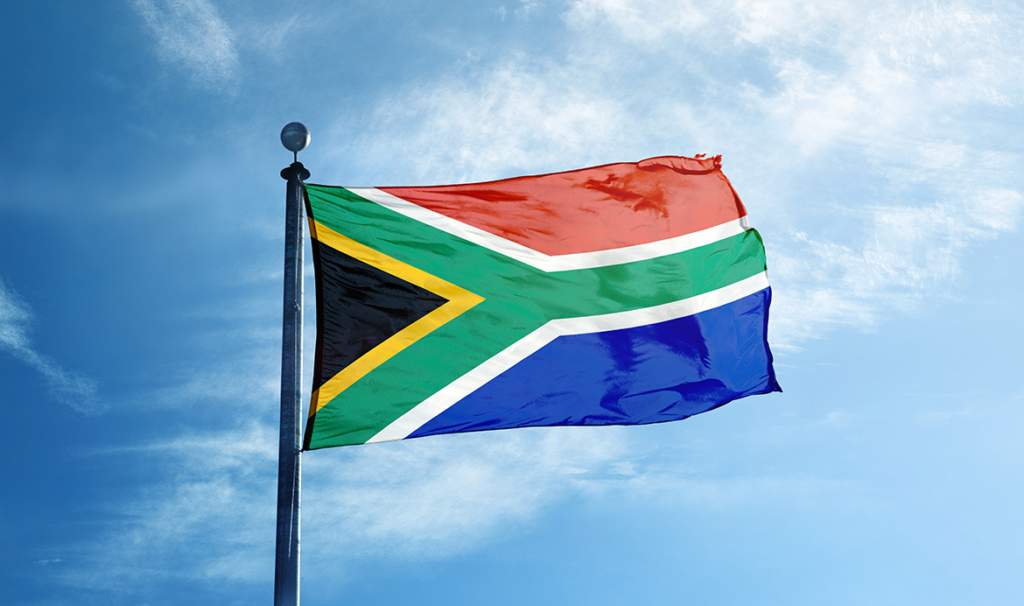South Africa’s journey through democracy has reached another milestone with the successful hosting of peaceful national elections on Wednesday, May 29, 2024. As the seventh election in the Democratic South Africa, this occasion marks yet another chapter in the nation’s democratic evolution since the historic first elections held in 1994.
Congratulations are in order for the South African people for their commitment to the democratic process and their participation in shaping the future of their nation through the ballot box. The peaceful conduct of elections is a testament to the maturity of South Africa’s democracy and the resilience of its people in upholding the principles of freedom, equality, and justice.
Preliminary results and forecasts suggest an intriguing political landscape emerging from these elections. With indications that the ruling African National Congress (ANC) might not secure a majority exceeding 50 percent, the political map of South Africa could see significant shifts. Forecasts hint at the possibility of the ANC governing in only six of the nine provinces, with noteworthy prospects for other parties.
Of particular interest is the potential rise of the MK party, led by former president Jacob Zuma, in KwaZulu-Natal. Furthermore, indications point to the main opposition, the Democratic Alliance (DA), potentially securing victory in Gauteng, adding to their existing governance in the Western Cape Province.
On the other hand, the radical opposition, Economic Freedom Fighters (EFF), has found itself in a state of stagnation, much to the disappointment of many young people who had pinned their hopes on the party.
With its ambitious self-styling as a “government in waiting” and its leader, Julius Malema, being touted as the “in-coming president” during the campaign, expectations were high.
However, it appears that the EFF has not lived up to its promises or potential.
These developments underscore the vibrancy of South Africa’s political landscape and the pluralistic nature of its democracy. As the nation awaits the finalisation of election results, it is imperative that all parties and stakeholders uphold the spirit of democracy, respect the will of the electorate, and work together towards the common goal of building a better South Africa for all its citizens.
In congratulating South Africa on the successful conduct of its national elections, we also extend our best wishes for the formation of a government that reflects the diverse aspirations and interests of the South African people.
May this momentous occasion serve as a reaffirmation of South Africa’s commitment to democracy, unity, and progress on the journey towards a brighter future.
It is often said that when South Africa sneezes, Lesotho catches a cold, and this adage could not be more apt. The intricate relationship between these two nations, where South Africa completely surrounds Lesotho, underscores why many Basotho are deeply invested in the political developments of our neighbour.
The truth is, without stability in South Africa, Lesotho’s own stability hangs in the balance. The economic, social, and political ties between the two countries are undeniable, and any turbulence in South Africa inevitably ripples across the border into Lesotho. If South Africa experiences governance challenges or instability, Lesotho is bound to feel the repercussions.
For Basotho, keeping a close eye on what is happening in South Africa is not just a matter of curiosity; it is a matter of survival. We understand all too well that the health of our neighbour’s governance directly impacts our own well-being. Therefore, it is in our best interest to support and advocate for stability and good governance in South Africa, knowing that our own future is intricately linked to theirs.




